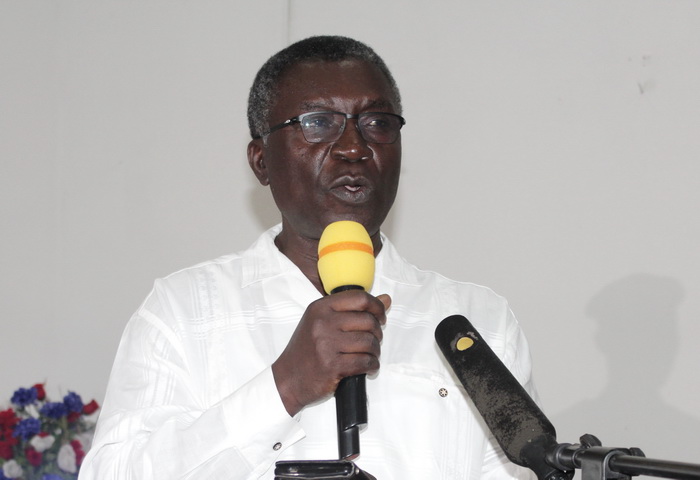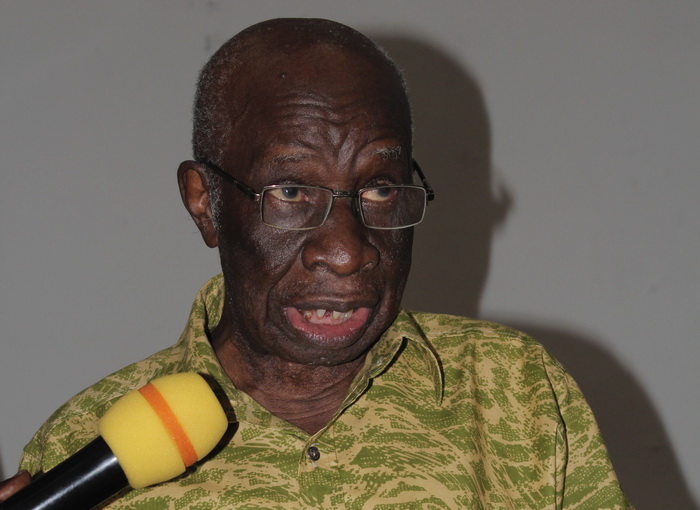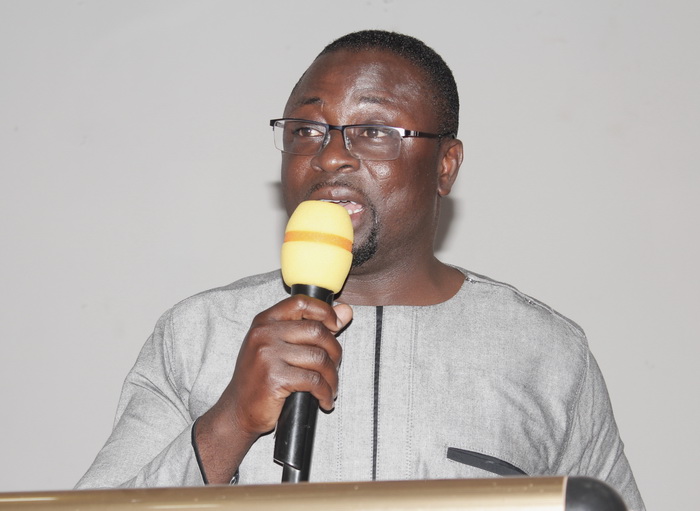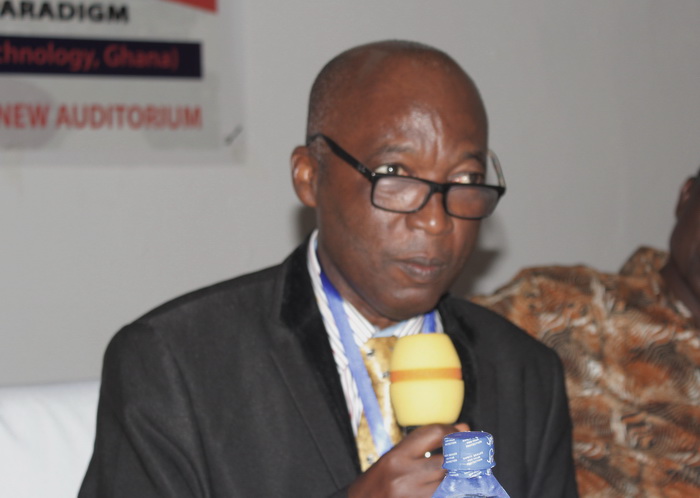
Clamp down on academic thievery – Prof Frimpong Boateng
The Minister of Environment, Science and Innovation, Professor Kwabena Frimpong-Boateng, has called on university authorities to track and stamp out professors who write thesis for students for a fee.
Advertisement
“If you acquire knowledge and cannot do anything with it, then that is no knowledge,’ he said
He said such a practice was academic thievery and called for a crusade to fight it.
Prof. Frimpong-Boateng was addressing the first international conference on competency-based training (CBT) and research at the College of Technology Education of the University of Education, Winneba (UEW) in Kumasi last Wednesday.
He was speaking on the topic: “TVET for sustainable development: The role of the educationist.”
Objectives
The competency-based conference is a platform for academics, researchers, faculty, administrators and practitioners to disseminate and share ideas.
It was on the theme: “Building the next generation of technologists: The CBT paradigm.’
Scholars and researchers from Ghana, Australia, South Africa, China and Nigeria are attending the conference which is also designed to provide a common platform for the participants to interact and share ideas and knowledge.
{loadmodule mod_banners,Nativead1}
Prof. Frimpong-Boateng urged vice-chancellors of the country’s universities to take a second look at their courses and introduce the dual system education, where students were given the opportunity to be attached to industries to have practical knowledge.
He said technology was the driving force of everything in the 21st century and should be adopted with speed to deal with the development challenges of the country.
“Ultimately, the success or effectiveness of education is judged by its contribution to individual development that in turn should bring about fundamental structural changes in society characterised by prosperity, justice, peace and harmony,” Prof. Frimpong-Boateng said.
Adjust curriculum
In a message to the conference, the Minister of Education, Dr Mathew Opoku Prempeh, urged the country’s tertiary institutions to adjust their curricula to meet industrial demand.
He said with the CBT-based approach to learning, authorities would be able to predict trends at all levels to enhance sustainable employment opportunities.
Prof Allotey
Prof. Francis K. Allotey, a renowned mathematician and scientist, called for a partnership among science, technology and entrepreneurship to create wealth and sustainable development.
He said Africa missed out on the 18th Century industrialisation because it did not know what was happening at the time but it would not be forgiven for missing out in the 21st century because there is enough information to propel development.
Prof Allotey, a fellow of the Africa Institute of Mathematical Sciences, said there was the need for Ghana to invest resource in research to bridge the technological gap between the country and the developed world.
“Science and technology is the lynch-pin on which fortunes will rise and fall, and it is time to fully embrace it,” he said.
Prof Allotey proposed to the authorities to place emphasis on Mathematics and Science, Technology, Communications, Entrepreneurship, Critical Thinking and ICT.
COTVET
The Executive Director of the Council for Technical and Vocational Education and Training (COTVET), Mr Fred Asamoah said research had shown that skill demand in the job market was likely to change significantly over the next five years.
Such a likely occurrence, he said, called for radical paradigm shift from the way knowledge was imparted at the tertiary level to meet both current and future demands.
Principal
The Principal of the College of Technology Education of UEW, Prof Renold Okai, said there was a need for a paradigm shift from the way TVET was delivered if it was to impact meaningfully on the socio-economic development of Ghana.
He said the shift from the present mode of delivery of TVET programme to competency-based training would eliminate skill gaps, a situation where trainees would be equipped with skills needed by industry.






